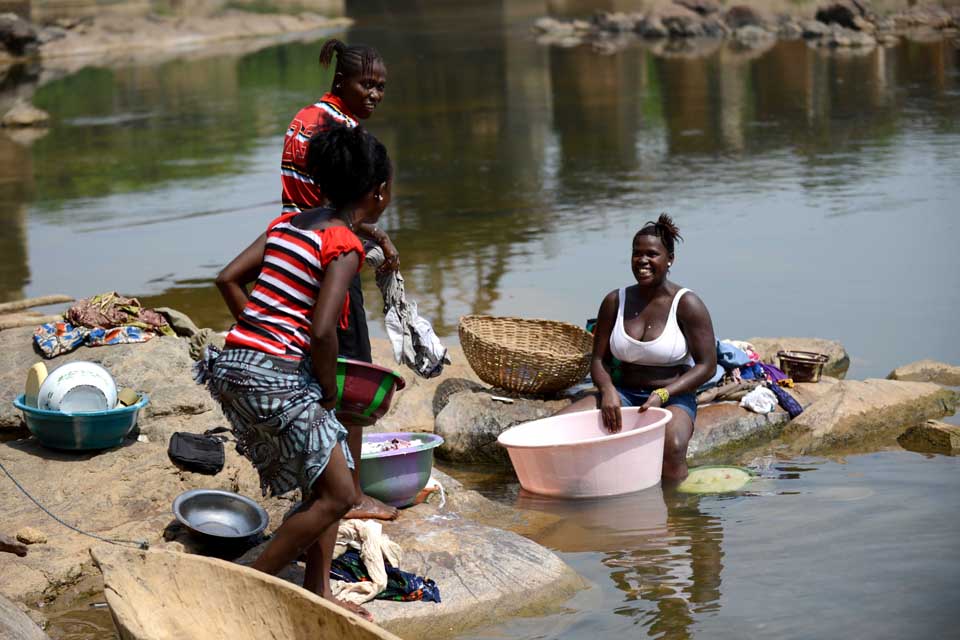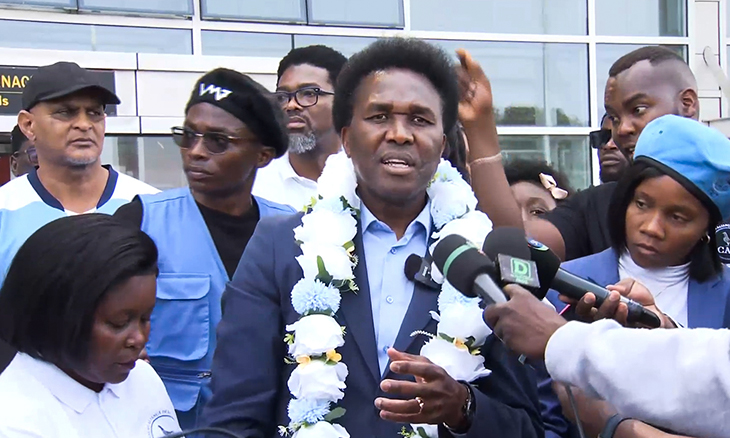THERE is a rising trend among the Diaspora community in attempting to showcase their poor backgrounds as authentic and glamorous. Authentic, yes, but there is certainly nothing glamorous about poverty. I find this especially disappointing as poverty is simply not something to be celebrated.
In trying to understand the reasoning behind this glamorisation, I had to take a step back, back to the time when I was poor. I lived in a small village in Buhera. It was hardly a village as the houses were quite spaced. The population in that area was about 20 adults and perhaps 30 children living in spaced houses. We lived in a three-bedroomed corrugated house and of course we had another small round thatched hut where all our meals were cooked.
The people surrounding us mainly survived on peasant farming. Maize was the staple. Work in the fields was done for us, by us. This was born-breaking work done manually without any sophisticated equipment. Ploughing the fields without any tractors and weeding with only a hoe. There was no irrigation, so everything depended on the natural seasons. There was no running water, we had to walk daily for about 3km to find fresh water. That also meant using a pit latrine.
On Sundays, after church, we would go to the stream to wash our clothes. This was also quite a distance. In this stream we competed with cattle and other animals for fresh water. My grandfather and my great grandfather before him often fished in this very stream for dinner. This was certainly not what one would call a glamorous lifestyle. Life was, to put it simply, hard. I didn’t know it at the time, but we were poor.
It is this very background of my own upbringing that makes it difficult for me to understand this glamorisation of poverty; to comprehend this version of poverty appropriation from the Diaspora community.
What exactly am I saying here when I say glamorisation of poverty? In this instance I mean taking someone’s everyday reality of living under very difficult circumstances and living that reality for a few days but only for a photo opportunity. Trying to pass off this reality as something glamorous or cool but not what it is: poverty. A glaring example is when, they (the Diasporans) once in a year go to emakhaya/kumusha to visit their folks. They will post pictures of themselves washing clothes in streams and carrying firewood (albeit with their 18-inch weaves) and trying to pass it off as cool and authentically Zimbabwean. It has almost become a badge of honour to show pictures of oneself on Facebook eating poor people’s food like matemba and mufushwa.
Don’t get me wrong, I love those foods. The only problem I have is when the Diaspora community uses it to showcase their so-called authenticity. It’s like saying hey, look at me, I’m authentically Zimbabwean because I eat matemba, buy my food from the roadside vendors and keep it real by washing my clothes down the stream. So, does it make me less Zimbabwean that I care about sanitation and don’t want to live like it’s the Stone Age? Make no mistake, there is nothing glamorous about doing one’s laundry down the stream. Not to mention all those chemicals in your detergents destroying the ecosystem. It says a lot about those who are trying to glamorise this lifestyle. This lifestyle that is a reality to many, not a choice.
It is, in my opinion, quite insensitive when we willingly do something we don’t have to just for a photo opportunity. As authentic as it is to do those things for those living that lifestyle, more often than not, it is not a choice. Most of those folks in the village would much rather have clean fresh water, clean comfortable places where they could sell their produce and a rib-eye once in while instead of matemba and mufushwa. Yes, these culprits live in the Diaspora and they certainly have fresh running water and other creature comforts. But they are certainly not rich, they are at the very least leading ordinary lives in the Diaspora. If they were rich, I would imagine they could have made it easier for their folks back home by for example making sure they have clean running water. Making sure they wouldn’t have to do their laundry down the stream or using pit latrines (aka Blair toilets) in 2018. Strike that, they don’t need to be rich to do those things.
It is as if the Diaspora community has become obsessed with proving their authenticity. Their authenticity to being a Zimbabwean. I eat maguru and amangqina, therefore I’m authentically Zimbabwean. I go to visit my poor rural folks and do laundry in the stream, therefore I’m authentically Zimbabwean. I do gochi-gochi kwaMereki, therefore I’m authentically Zimbabwean. I keep it real by buying my food on the roadside, therefore I’m authentically Zimbabwean. The list goes on. Give us a break, who are you kidding? You are trying too hard to prove your authenticity!
Sometimes I wonder whether glamorising their poor backgrounds is a way to mask their shame. Their shame at not being able to afford basic comforts like clean running water and decent clean toilets for their own folks back home. So, by making it look cool, they hope it takes away the shame of their own failings. Stop glamorising poverty by pretending it’s cool. Make no mistake, I repeat, there is nothing glamorous about doing laundry in a dirty stream or using a pit latrine. It’s gross, it’s poverty. Do the right thing and improve your parents’ otherwise dire circumstances.
















